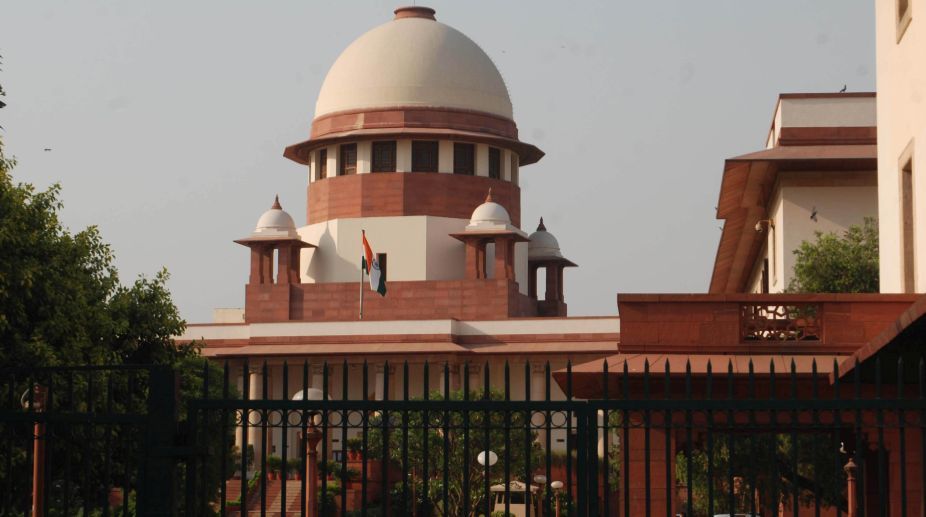Simmering tensions in the Supreme Court appear to have boiled over ~ and the nation risks being impoverished in the process. The decision of the respected Senior Advocate, Mr Rajeev Dhavan, to withdraw from court practice after being “humiliated” by their Lordships must shake the confidence of people in perhaps the last institution that had retained its reputation for maintaining a dignified balance in the conduct of its important affairs. It would be silly to run away with the idea that Mr Dhavan’s action resulted only from some sharp comments from the Chief Justice of India ~ for the last month or so sections of the Bench and the Bar have been at loggerheads on more issues than one.
The language used has been palpably unparliamentary, one noted lawyer staged an unbecoming walk-out, others have virtually threatened to do likewise and the Bench has “paid back in kind”. Comparisons are notoriously unpleasant, yet it would be craven not to “recognise” the potential for judicial discourse to degenerate to the level of contemporary political diatribe ~ although no political angle can be perceived in these unflattering “developments”. Alas, all this at a time when the political leadership makes little secret of its desire to cut the judiciary down to size.
Advertisement
It is not far-fetched to suspect that the ministerial assault on the judicial system has eroded some of the traditional and customary aura of their Lordships, which has resulted in some lawyers speaking disrespectfully in court. Now we have a case of “who will bell the cat” ~ but if neither Bench nor Bar display the statesmanship to retrieve the situation the price the people will have to pay could be unbearable. The situation is as disconcerting as that.
Little point would be served by attempting to evaluate who was right and who was wrong. The court was rightly upset by lawyers raising their voices, but was it necessary for it to describe that as “atrocious” and to ask how long it would tolerate lawyers arguing “in a manner not in tune with Constitutional language”. And certainly hurtful was the Chief Justice’s saying, “Unfortunately, a small group of Senior Counsel (Mr Dhavan has been designated one for over two decades) think they can raise their voices.
But they must understand that raising voices will not be tolerated. Raising voices only shows their inadequacy, incompetence and that they are not fit to be Seniors”. In its long and glorious history, the apex court must surely have witnessed acute differences of opinion and “reading” of the law, but it would not easy to draw parallels with what transpired over recent days. Institutions are only as pristine as the people who “man” them, their failures are essentially human. Whatever has happened to the judicial hallmarks of sobriety and restraint?











